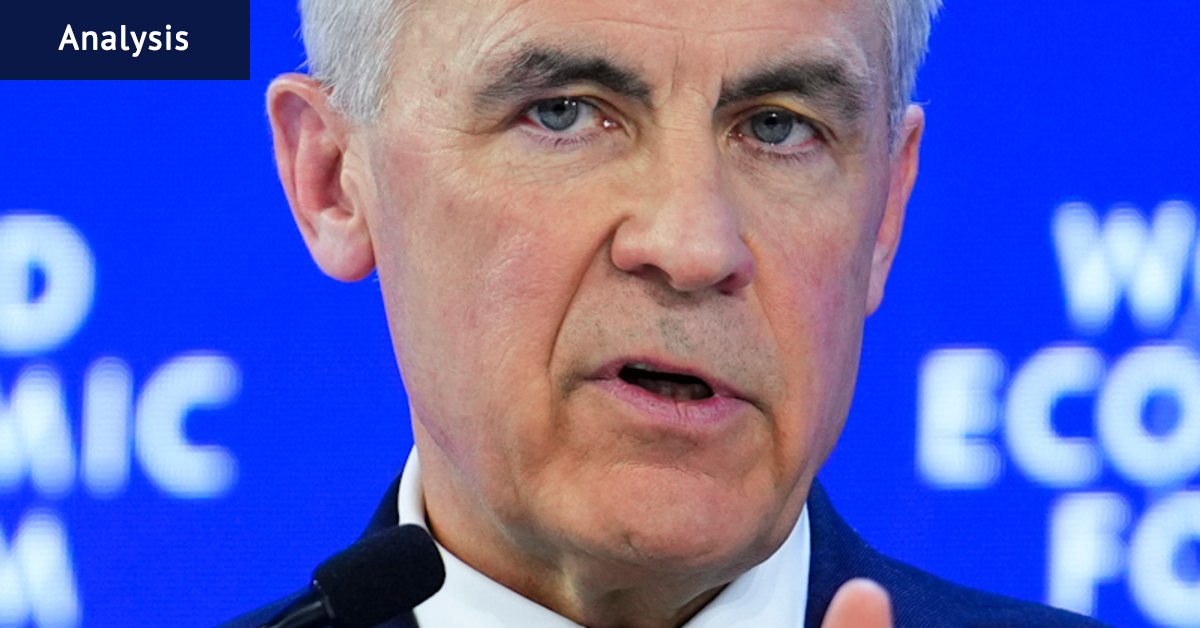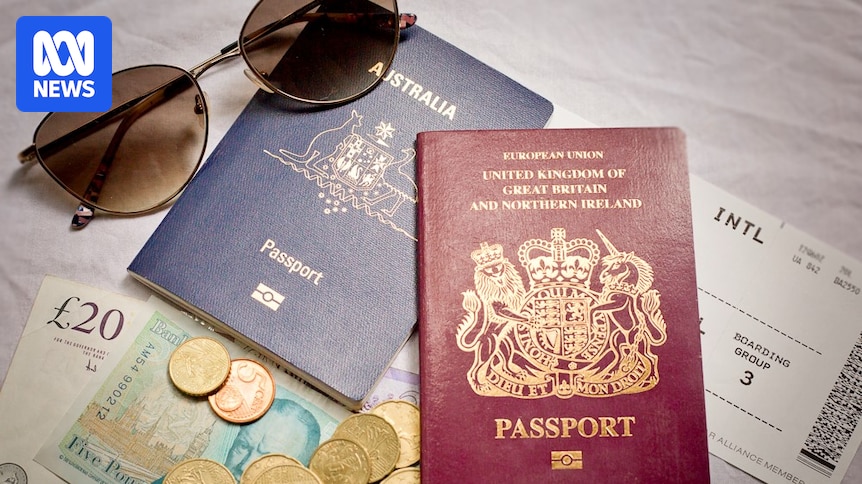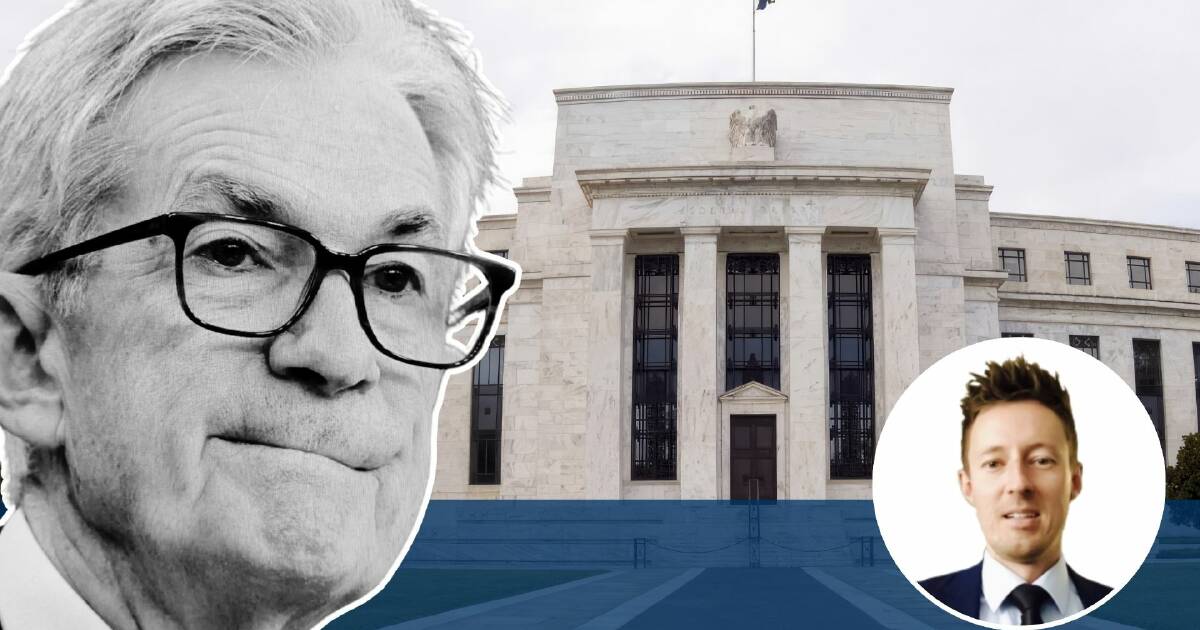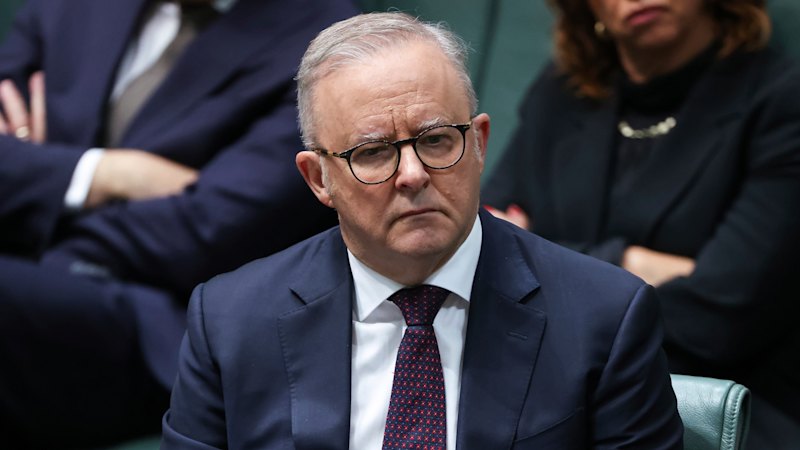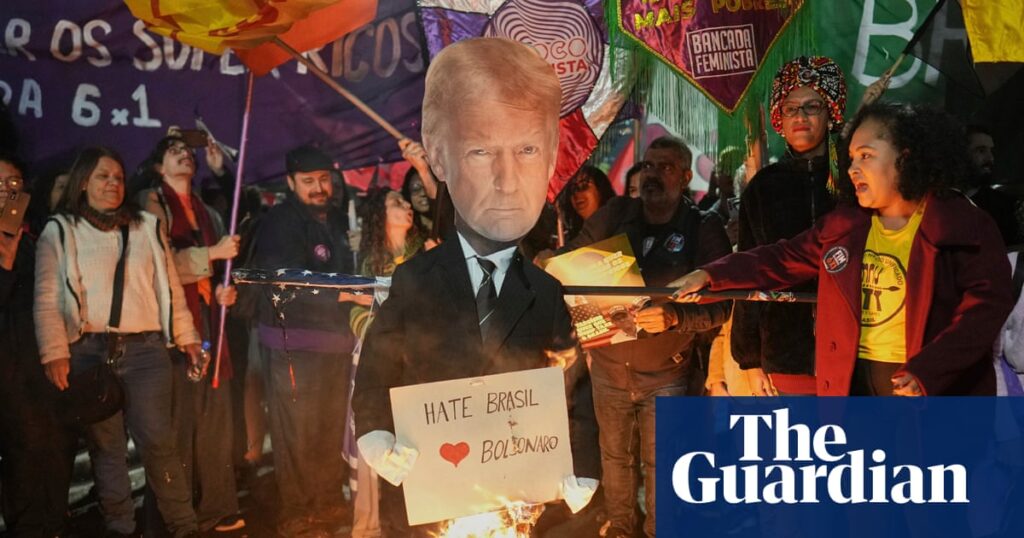
Silvana Marques, a 51-year-old teacher, joined thousands of Brazilians at São Paulo’s renowned art museum last week, not for the Monet exhibition but to protest against Donald Trump. Beneath the museum’s brutalist architecture, she snapped a photo of a cardboard effigy of the US president before it was set ablaze. “Laranjão safado,” or “big orange dirtbag,” she captioned on Instagram. Nearby, a red banner read: “Nice try Trump. But we’re not afraid.”
This rally was a direct response to Trump’s recent decision to impose a 50% tariff on Brazilian imports, a move perceived as an attempt to aid his ally, former Brazilian president Jair Bolsonaro, who faces potential imprisonment. Bolsonaro, accused of orchestrating a failed coup after losing the 2022 election, could face up to 43 years in prison. Trump’s ultimatum to Brazil’s President Luiz Inácio Lula da Silva demanded the charges be dropped, labeling them a “Witch Hunt.”
Trump’s Tariff Strategy and Its Unintended Consequences
Trump’s intervention was expected to bolster Bolsonaro’s position, but it appears to have backfired. Instead of aiding Bolsonaro, it has galvanized his political opponents and boosted Lula’s popularity. The conservative newspaper Estado de São Paulo criticized Bolsonaro, calling him a “phony patriot” willing to sacrifice Brazil’s interests.
Eliane Cantanhêde, a columnist for the Estado de São Paulo, identified three motives behind Trump’s actions: supporting far-right movements in South America, countering Chinese influence post-Brics summit, and assisting Bolsonaro’s son Eduardo, who has been lobbying in Washington. Cantanhêde argued that Trump’s actions have inadvertently strengthened Lula by portraying him as a defender of Brazilian nationalism.
“Lula was on the ropes,” Cantanhêde noted, “Now he’s all smiles.”
Political Ramifications and Public Reaction
Nicolás Saldías, a Latin America analyst at the Economist Intelligence Unit, echoed these sentiments, suggesting that Trump’s actions could rally support for Lula, similar to how his threats impacted Canadian elections. Saldías believes this could enhance Lula’s image as a nationalist leader, boosting his approval ratings.
Meanwhile, the Bolsonaros, who once hoped for Trump’s intervention, now seem to realize the adverse effects of the tariffs. A source close to Bolsonaro’s family described the situation as an “own goal,” with the thrill of Trump’s attention quickly turning sour.
On Tuesday, Bolsonaro distanced himself from the tariffs, blaming Lula for provoking the US, and expressed a desire to negotiate with Trump directly. However, protestors like Silvana Marques remain resolute, insisting that Brazil should not succumb to Trump’s demands.
Historical Context and Future Implications
Marques, reflecting on Brazil’s past, emphasized the importance of holding leaders accountable, drawing parallels to the military dictatorship era. “We cannot allow this to happen,” she stated, underscoring the need for justice in Bolsonaro’s case.
The broader implications of Trump’s tariff threat extend beyond Brazil’s borders. As Cantanhêde pointed out, the move could push Brazil closer to China, its largest trading partner, further straining US-Brazil relations. This geopolitical shift could have lasting effects on regional dynamics.
“Trump is pushing the whole world into China’s lap,” Cantanhêde remarked.
As Brazil navigates this complex situation, the international community watches closely. The unfolding events could redefine alliances and influence the political landscape in both Brazil and the broader region.
Ultimately, the outcome of this tariff dispute and Bolsonaro’s legal battles will shape Brazil’s future, with significant implications for its economy and global standing. As the situation develops, the world will be watching to see how Brazil responds to these challenges and what role international actors like Trump will play in its unfolding narrative.
